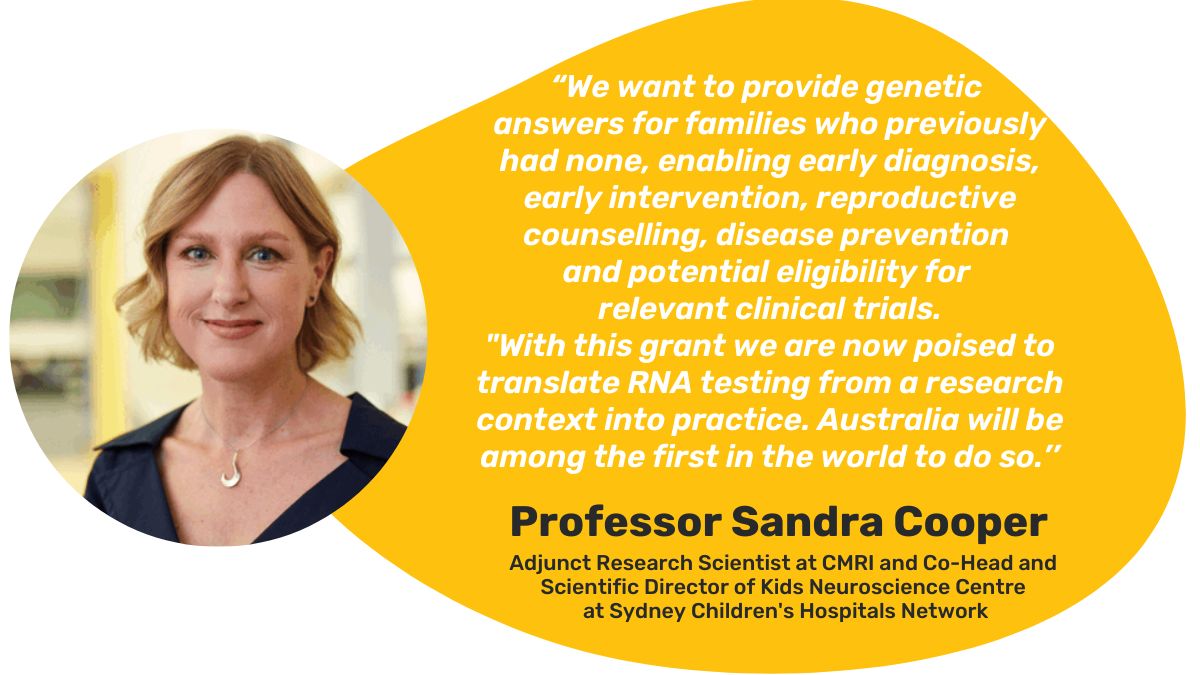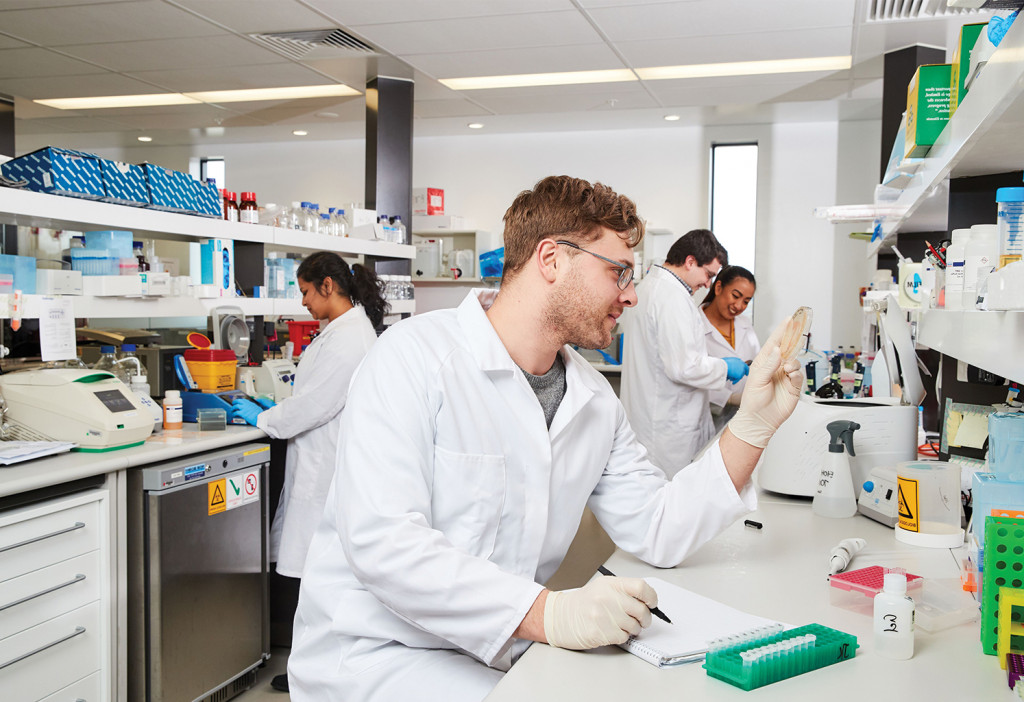Our research’s impact is clear: our work drives new treatments for paediatric diseases while cutting healthcare costs. Luminesce Alliance has achieved a 12-fold return on the NSW Government’s $24 million investment for the Centre for Pediatric Precision Medicine, securing $294 million in additional research grants. Two examples of projects attracting extra funding to advance precision medicine are showcased below.
World-leading researchers investigating stem cell therapies and RNA diagnostics have been awarded prestigious Australian Government Medical Research Future Fund grants.
The investment aids the continuation of research that has been previously supported by Luminesce Alliance funding.
The Stem Cell Medicine Group at the Children’s Medical Research Institute, led by Dr Anai Gonzalez Cordero, has been awarded $2.5 million to develop high-quality stem cells that will lay the foundation for Australia’s first cell therapies to treat vision loss in people with inherited diseases of the retina.
Dr Gonzalez Cordero’s work involves transforming small samples of skin or blood into stem cells – these are a form of early cell in human development that can turn into any cell type in the body. The work involves generating stem cell lines under laboratory conditions that are “clinical grade”. These will become a rich source of cells for studying cell replacement therapies for retinal and other diseases.
The research team also includes Professor Claire Wakefield, Director of the Behavioural Sciences Unit at the School of Clinical Medicine, UNSW Sydney and at Sydney Children’s Hospital, and Kate Hetherington, Clinical Psychologist and Post-Doctoral Research Fellow in the Behavioural Sciences Unit at the School of Clinical Medicine, UNSW — whose work investigates the psychosocial implications of precision medicine.
Watch Dr Gonzalez Cordero explain stem cell medicine:
Professor Sandra Cooper, Adjunct Research Scientist at CMRI and Co-Head and Scientific Director of Kids Neuroscience Centre at the Sydney Children’s Hospitals Network (Westmead) has been awarded $2.9 million to integrate RNA testing into mainstream clinical practice.

For many individuals with genetic diseases, it is still not possible to find the cause by sequencing the patient’s DNA, but for many of those undiagnosed patients the answer can be found by analysing the RNA. Professor Cooper’s project involves a nationwide collaboration between research centres, pathology labs and clinical genetic departments to embed RNA Diagnostics as a new option for clinical diagnostics.



 Back to News
Back to News